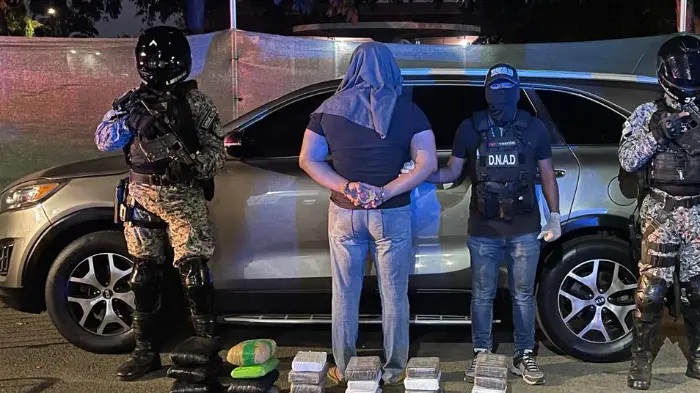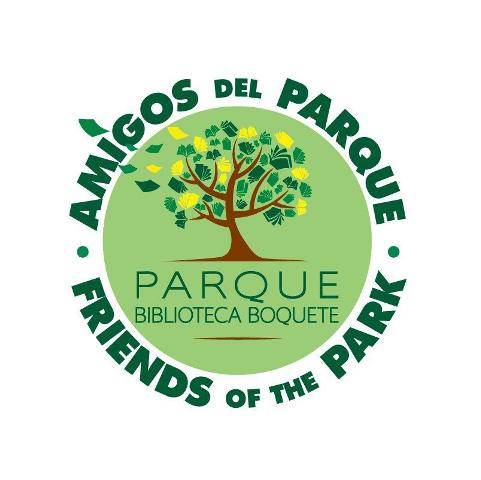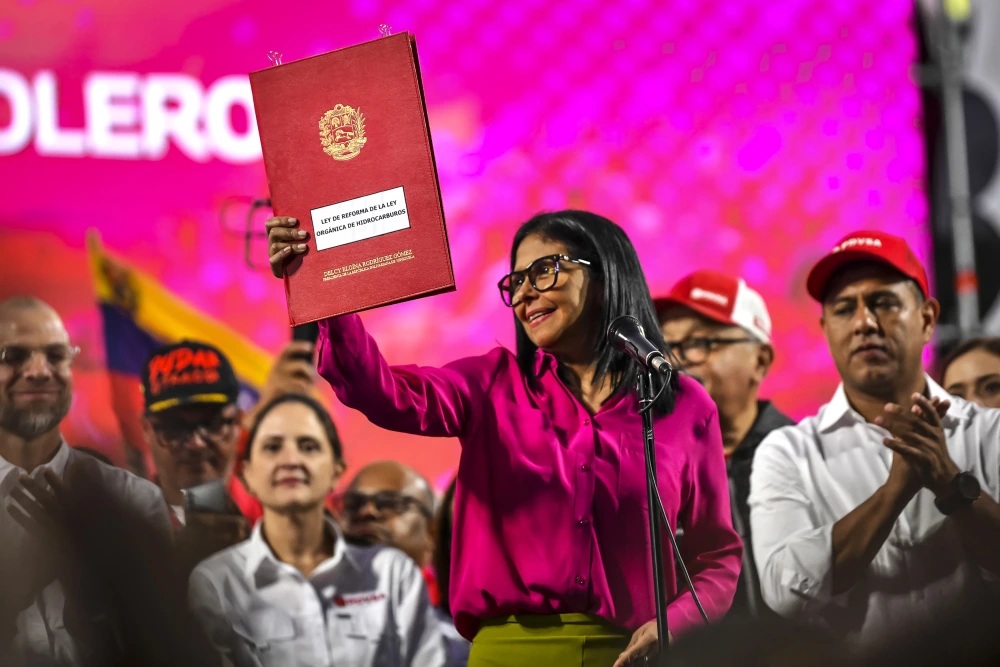Citizens groups feeling intimidated by government reactions

Many of Panama’s citizens groups feel frightened and intimidated by the way, the government has reacted to criticism and dissent says La Prensa.
“On Tuesday (April 13), President, Ricardo Martinelli, approved a law providing by a maximum up two two years’ jail to those who close streets as part of a protest. It is not a minor change: it was an administrative offense is now a crime, just as in times of military dictatorship”
The reform to the Penal Code, is a way say his opponents, of seeking to avoid criticism and La Prensa quotes business and civil rights groups to uphold the claim
Ruben Castillo, president of the Panamanian Association of Business Executives (APEDE), said the government "must understand that criticism is good for improving the state of law."
Gaspar Garcia de Paredes, president of the National Business Council (Conep), says some speeches of government representatives "seem to want to discredit the civil society."
Carlos Gasnell, of the Panamanian chapter of Transparency International said: "The government has invested time and resources to attack civil society, whose only sin is to denounce the attacks on the institutions that have suffered lately from the rule of law", The organization was attacked by Labor Minister, Alma
joined other organizations that challenged the recent appointment of judges of the Supreme Court and the arrival of the Attorney Bonissi Giuseppe as a replacement for Attorny General Ana Matilde Gomez
The government recently abolished its annual contributions to the organization which includes, the National Council of Private Enterprise (CONEP), the Panamanian Association of Business Executives (APEDE), the Chamber of Commerce and the National Council of Organized Workers (Conato)
In March, members of the Citizens’ Alliance for Justice and the Foundation for Due Process, based in Washington, reported to a hearing before the Commission on Human Rights, that the Panamanian justice system is "suffering inefficiency, slowness and excessive bureaucracy … that the government interfered in matters of the judiciary, and there was a climate of intolerance and intimidation against critics.”
Martinelli quicky retorted that it was " three people making a noise to get attention," while Minister of the Presidency, Papadimitriu Demetrio said “we wash our dirty linen at home" and that the hearing was a " show. "
Minister of Trade and Industry, Roberto Henriquez, described it as "a reckless act and an attempt to say that in Panama there is no justice."
When Magaly Castillo, director of the Citizens’ Alliance for Justice, questioned the functioning of the Panamanian justice system before the Inter-American Commission on Human Rights, the deputy prosecutor, Giuseppe Bonissi, canceled a contract, won in open bidding by international consultants Bolivia Aguilar & Associates, whose list of possible local consultants included Castillo.
Presidential spokeswoman, Judy Meana, mistakenly said that the suspended AttorneyGeneral, Ana Matilde Gomez, was awarded a consulting contract to Castillo, while the president claimed that he was not elected to "co-govern with minority groups."
Similar statements came in August 2009 the Minister of Government and Justice, Jose Raul Mulino. "We will not co-governing with civil society or anyone else".
After the Ministry of Communication announced that it will negotiate directly with to obtain discounts on government advertising, Angelica Maytín, chief executive of the Panamanian chapter of Transparency International, criticized the excessive spending of government advertising, and suggested that direct contracts could be provided to encourage the media to support the government, to the detriment of those who were critical.
When environmentalist Raisa Banfield warned that the felling of 181 trees in Bella Vista would lose Obarrio a lung, the director of the National Environmental Authority, Javier Arias, branded her a liar.
In mid-March, the residents of Casco Viejo used the visit to Panama by UNESCO representatives to hang banners on their balconies calling for respect for the old city They criticized some restorations of the area who are This time, the attack came through legal channels said La Prensa. Although the messages were placed on balconies of private buildings, the mayor of San Felipe, Jairo Morán, issued subpoenas to several residents





